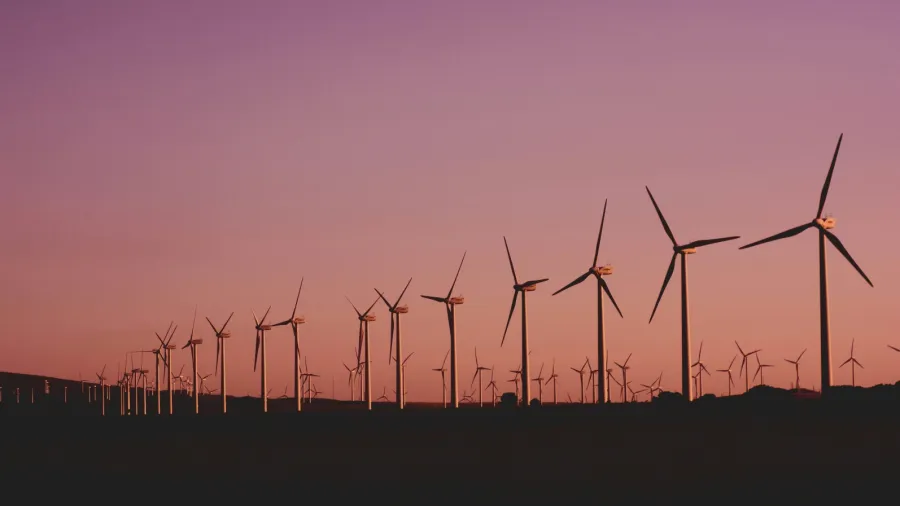
Renewable energy certificates prices to drop 76% by 2050 amidst market oversupply
It is expected to exceed demand until 2050.
The average prices of renewable energy certificates (RECs) are projected to drop by 76%, from $46 per megawatt-hour (MWh) to $11/MWh, between 2023 and 2050, due to an oversupply in the REC market, according to a Wood Mackenzie report.
The share of renewable energy in the power mix across key Asia Pacific markets, including Australia, China, India, Japan, South Korea, and Taiwan, is set to rise from 14% to 55% between 2023 and 2050. This expansion, combined with a 40% reduction in the production costs of new solar and onshore wind projects, will contribute to the sharp decline in REC prices.
REC supply is expected to exceed demand until 2050 due to a reduction in fossil fuel generation, which slows policy-mandated REC demand in some markets. REC requirements are often placed on fossil fuel generators, thus demand for RECs also decreases as these generators scale down, Wood Mackenzie said.
Whilst Taiwan and South Korea currently have the highest REC prices, they are expected to see reductions of over 70% by 2050. However, China is expected to be an exception, with REC prices forecasted to rise due to state-mandated policies that will increase REC purchase requirements for both power and non-power industries, starting in the late 2020s.
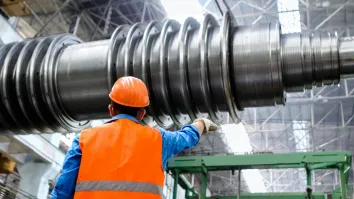
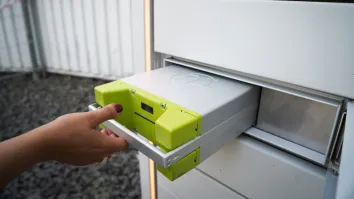
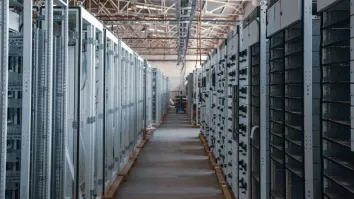
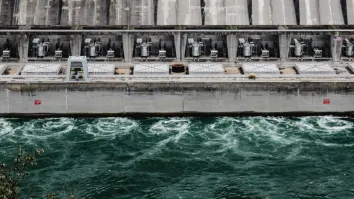













 Advertise
Advertise







